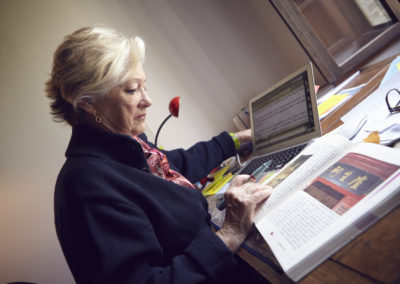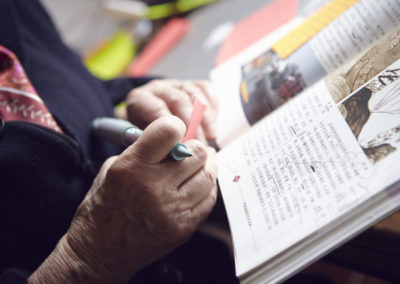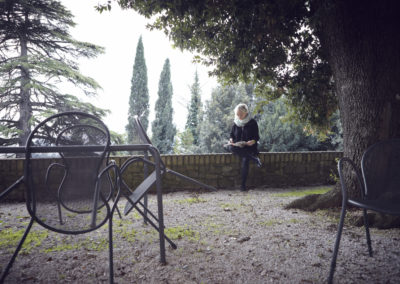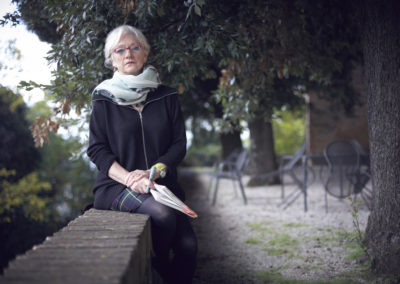Lafcadio Hearn
Where got I that truth?
Out of a medium’s mouth,
Out of nothing it came,
Out of the forest loam,
Out of dark night where lay Nineveh.
Yeats: “Fragments,” The Tower, 1928
Lafcadio Hearn was a thief of myth. Born in 1850, into a time when the British empire reached around the globe, he raided the world’s archives. Epic narratives, sacred recitals, ancestral prayers: all were fair game for his declared ambition: “I would give up anything to be a Literary Columbus.” Hearn wanted to recalibrate the literary voices he knew, to create a “universal literature.” Western story telling had ossified, he claimed. “Naturalism” –with its solid portraiture of the minutiae of daily life– was narrow and dull. His “universal literature,” would be a hybrid of Western realism and “Eastern Literary growths.” “Left to itself,” Hearn said, “every literature will exhaust its vitality if it is not refreshed by the contributions of a foreign one.”
It is unlikely that such a grandiose plan could have been anticipated for Hearn. Unprepossessing of figure, Hearn was, if not deformed, then disfigured; blind in one eye, he walked with a pronounced limp, both injuries suffered on the unforgiving playing fields of a Victorian childhood. Nor did the circumstances of his birth and childhood presage his learned ambitions. The operatic nature of his parentage, however, may have shaped his intelligence; his parents yoked the extremes of the British colonial landscape, and his childhood reads like a ballad.
His mother was a nineteenth century primitive. Rosa Antonia Kassimati was tribal, illiterate, beautiful and charismatic, born into a proud Cerigote clan on the Greek Ionian island of Cerigo. His father was Charles Bush Hearn, Anglo-Irish, a medical man from Dublin, with a chain of protestant ministers in his lineage. He was dispatched as Surgeon on the British Army Medical Staff to Cerigo, where he met Rosa. The two fell in love and managed to carry on an affair. Learning of this injudicious insult to local mores, the men of Rosa’s clan attempted to murder Charles, but Rosa nursed him to health. They were married in a ceremony (one later held inconsequential by the Church of Ireland), and the romance continued. Rosa fell pregnant–twice–and after four years returned with Charles to Dublin, to live midst her middle class in-laws. She lasted two years, and returned alone, never to see her husband or son again. From this cataclysmic mating of two nineteenth century polarities Patrick Lafcadio Hearn was born.
His life from then on was worthy of fiction. He was a restless fantasist who lived his life in decades, moving across the globe like a figure on an antique game board, around the world in 54 years. Born in Greece, taken then to Dublin, he then journeyed across the Atlantic to middle America where he stayed for eight years, then almost a decade in New Orleans: a short move Eastward to the West Indies, and finally on to Meiji Japan, where he spent the last fourteen years of his life–a span of 54 years. He died in 1904.
After his youth in Dublin, Hearn began the life of a writer; but he began as any good protagonist does, by being cast from his family. In his last year of public school when he was eighteen, his family suffered a catastrophic financial reversal; and from this solidly middle class arrangement, he was dispatched to distant connections in the United States, with hardly a whisper of help from the adult realm. The Cullinan family–fellow Irishmen, now in America — gave him short shrift. Handing him a bit of money, they threw him out, forcing him to survive by his wits: “ I was told to go the devil, and take care of myself,” recalled Hearn; “I did both.” Hearn then took, perforce, his first step as “Literary Columbus;” he became–from Greece, via Dublin–at the age of nineteen, a newspaper reporter in the city of Cincinnati.



